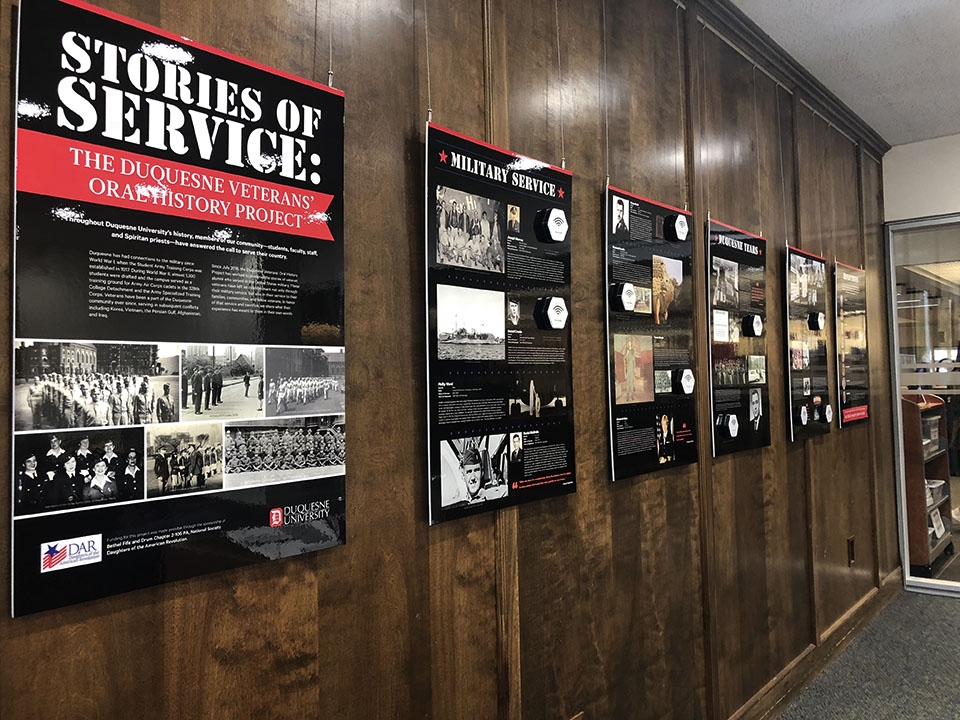
By Kayla Casavant | Staff Columnist
09/21/17
According to a recent poll conducted by the University of Virginia Center for Politics, while the overwhelming majority of Americans condemn white supremacists, many have opinions that are troubling in regard to race.
Eighty-nine percent of respondents to the poll said that all races should be treated equally. However, 39 percent of respondents strongly or somewhat agreed with the statement that, “White people are currently under attack in this country.”
What I found most troubling was that the poll reported that a very significant portion of the respondents to the various statements regarding modern racial inequalities chose the “neither agree nor disagree” option.
According to the poll results, one-fifth of respondents selected this option when asked whether they were opposed to white supremacist organizations and Neo-Nazi groups.
When it comes to racism, there can be no passivity. Many people avoid these conversations, failing to recognize what a privilege it is to do so. Those who can avoid engaging in race related issues are those who are not impacted by them.
Desmond Tutu, a South African anti-apartheid activist, once famously said, “If you are neutral in situations of injustice, you have chosen the side of the oppressor.”
This sentiment could not be more important today. Due to the polarizing nature of modern politics, many people chose to abstain from comment on hot-button issues.
I understand the desire to remain “neutral.” Very few human beings truly enjoy conflict. Expressing a strong opinion on anything today is an invitation for World War III to take place in a Facebook comment thread. Neutrality is safe.
The current state of our nation and our world is not safe for many people. Attitudes that exist visibly or invisibly are not only offensive and wrong, they are deadly. People are dying as a result of the on goings in our nation. Their lives, liberties, and their ability to pursue happiness are being deeply and systematically oppressed.
How can we not vehemently and vocally condemn these actions and attitudes? How are the rights and dignities of human persons remotely controversial?
Elise Wiesel, a Holocaust survivor and activist took a similar approach to Tutu on neutrality and silence. Wiesel wrote, “We must take sides. Neutrality helps the oppressor, never the victim. Silence encourages the tormentor, never the tormented.”
Sometimes racism is obvious. We often look back on history and say ‘How could that happen?.’ We look at segregated schools and preferential seating for white people and often express disgust. Modern racism does not always look like this (although sometimes it does).
Modern racism needs to be exposed. Modern racism is hiring bias. It is swiping left on people of color without thinking.
Modern racism is lack of representation on television and on magazine covers. It is 12 shades of foundations for white women and four for people of color.
We accept these things as normal because not enough people who are consumers of institutions and corporations that practice this modern brand of racism say anything. These consumers stay silent because these problems or issues do not affect them. These things may seem harmless but they are not. These things are wrong in their own right, but the culture they breed is more than wrong, it is deadly.
We can no longer “neither agree nor disagree” with racism. People are dying due to inaction. Those in power are not opening their mouths, but neither are we.
By definition, a minority is a smaller portion of a population. If only a minority cares and is vocal about issues that impact their communities then things will never change. Those who can afford to stay neutral must use their resources to amplify the voices of those who can’t.
It is not enough to condemn racism when it’s obvious, we must vocally and vehemently condemn racism wherever we see it.




